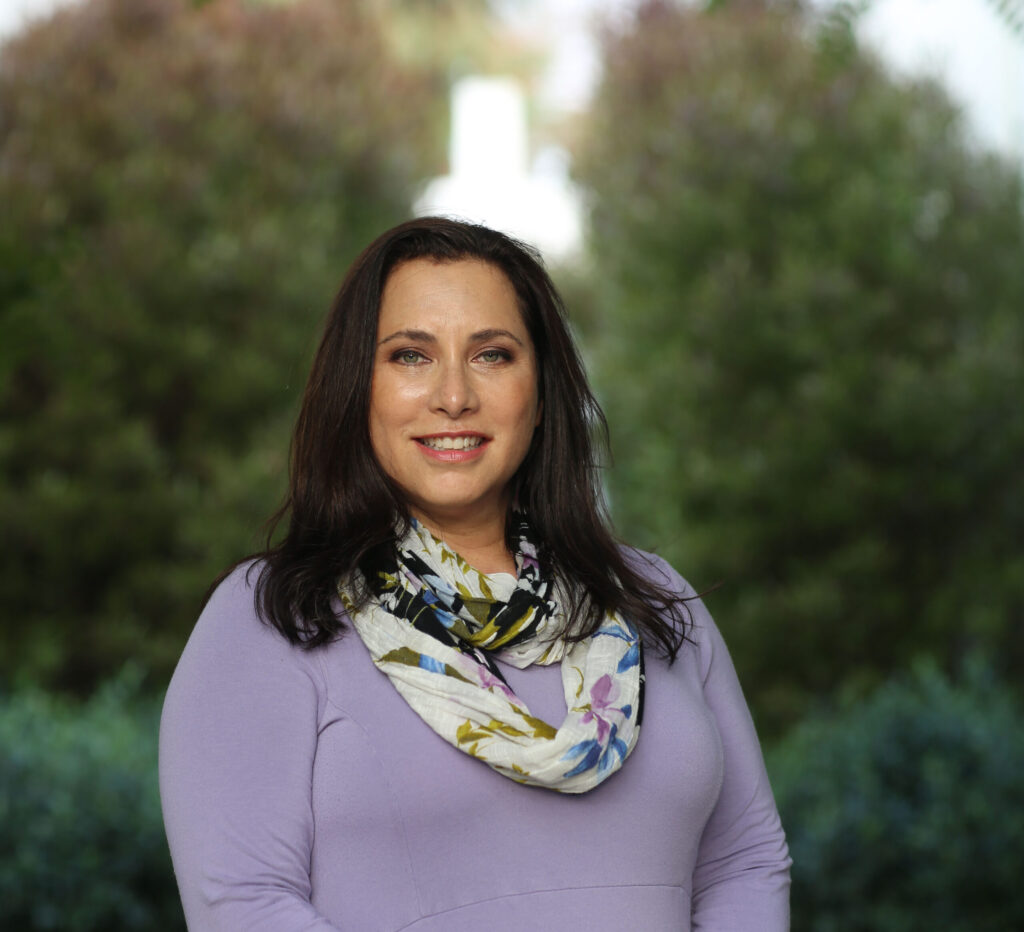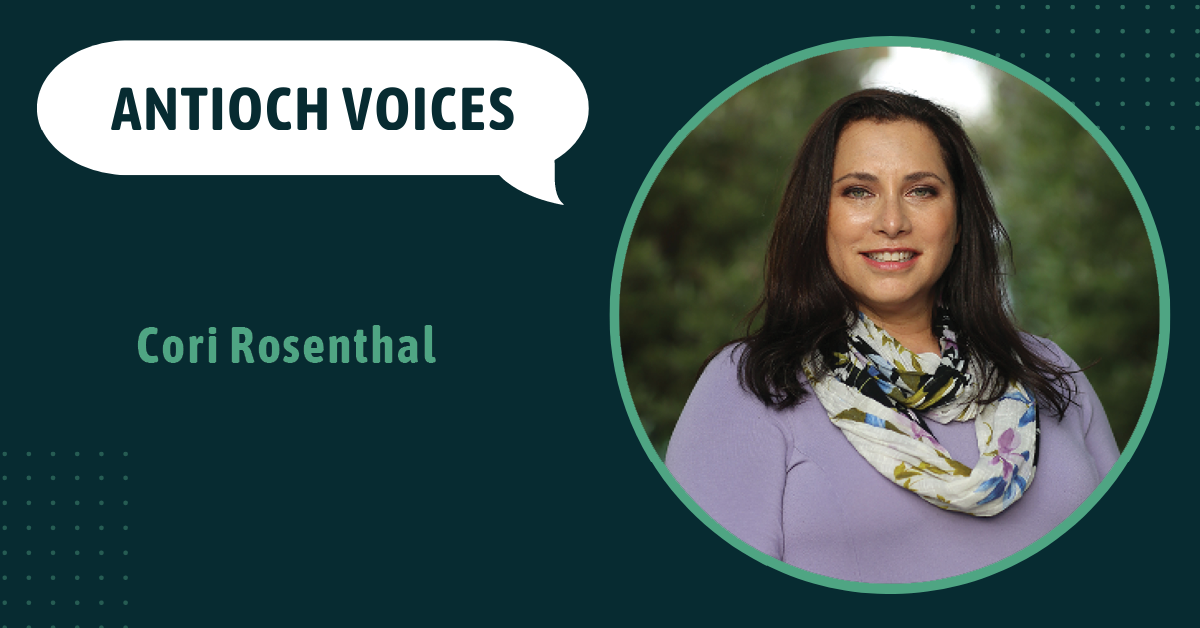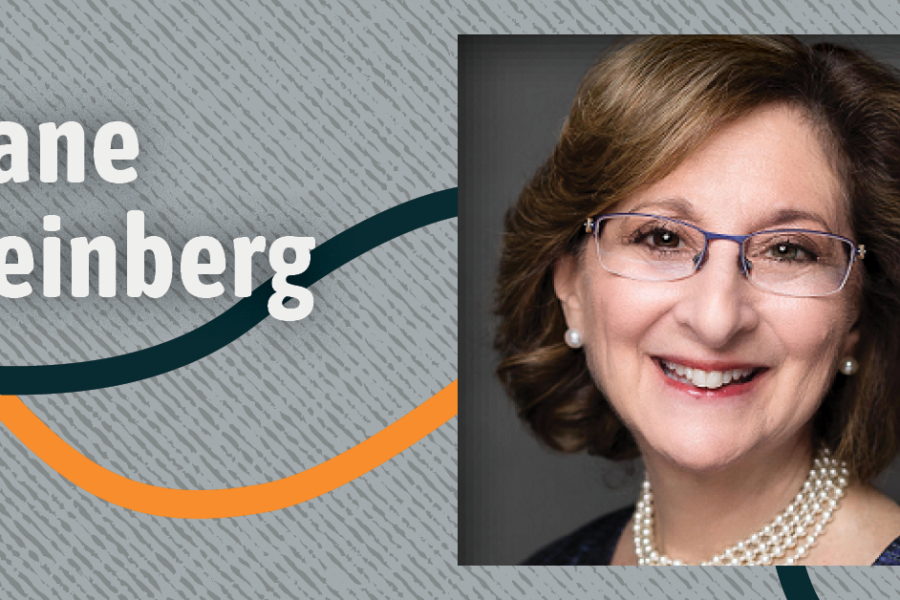This essay is part of Antioch Voices, a forum for Antiochians to speak out about issues important to them. Opinions expressed here belong to the author alone and do not necessarily reflect the official position of Antioch University. If you’d like to share your own voice, the first step is to send a short description of what you are planning to write about to [email protected].
It is National Eating Disorder Awareness Week, and while eating disorders impact people of all ages, races, genders, and socio-economic statuses, I am focused on children this year. In January, the American Academy of Pediatrics (AAP) released new guidelines for childhood “obesity” that have caused a tremendous uproar within the eating disorder community. As an eating disorder therapist, I see these guidelines as dangerous and personally triggering.
I went on my first diet when I was 12. My pediatrician recommended Weight Watchers to lose 10 pounds, so my mother took me every Saturday morning. This began my journey of counting calories, points, and carbs while measuring my self-worth by a number on a scale. I spent decades struggling with a subclinical eating disorder that was encouraged and celebrated by doctors, family, and friends. My eating disorder was my best friend, my body my enemy. The restriction provided structure, and the structure provided direction, safety, and hope that this would be the magic answer. The new guidelines prescribe intense intervention for children beginning at age two as if the toddler years are not tricky already. These recommendations contradict the AAP Clinical Report on Preventing Obesity and Eating Disorders in 2016. When a doctor tells a six-year-old child their body is wrong, it creates fear and confusion. It can lead to lifelong challenges with body image, eating, and weight.
I was diagnosed as overweight, not with an eating disorder. The therapist I saw in my 20s assumed that my weight would stabilize when I dealt with my family issues. She did not have training in eating disorders; back then, people considered “overweight” were not assessed for eating disorders. Over the years, when I told my doctors about my low-carb, under 1000-calorie diet, I was praised for my weight loss and discipline. These facts kept me in my eating disorder for several decades.
I did not know back then that 95% of all dieters regain their weight within five years. Up to two-thirds of dieters gain more than they initially lost. This was my experience. The rebound of every diet had me in a larger size than where I began. I also did not know that all the weight cycling I was doing had long-term metabolic consequences. Some of these include increased risks for cardiovascular disease and type 2 diabetes and reduced metabolic efficiency. I felt duped by the diet and medical industries that promoted the thing that caused such pain in my life for decades. The very thing the AAP is promoting for children now.
In graduate school, I began my eating disorder education. Graduate schools offer minimal eating disorder curricula, as do medical schools. I read books and attended trainings offered by eating disorder treatment centers and eating disorder associations. As a result, I learned a lot about how diets and weight loss treatment is a primary contributor to eating disorders and disordered eating.
Unfortunately, no diet on the market today shows consistent, long-term efficacy for weight loss maintenance. Instead, what is a common outcome of dieting is disordered eating.
Disordered eating is a problematic relationship with food and body that does not rise to the level of an eating disorder but still impacts physical and mental health. Not everyone who goes on a diet develops an eating disorder, but most who experience an eating disorder begin with a diet.
When I was dieting, I would have been so excited about the idea that taking a pill or weekly injection would solve my problems. The new AAP guidelines recommend this for 13-year-olds and up. Unfortunately, pharmacological treatment in childhood likely means the child must remain on that medication for a lifetime, as they find patients regain weight rapidly when they stop taking it. Medications like Ozempic and Wegovy are relatively new for weight loss in adults, and it is unknown what the long-term side effects will be in adults, let alone children.
The AAP guidelines also include bariatric surgery for children as young as 13. Bariatric procedures require adherence to strict diet and exercise guidelines for the rest of their lives. They face the risk of micronutrient deficiencies, gastrointestinal complications, and the chance of regaining lost weight, not to mention the trauma of being forced to alter their bodies surgically.
The AAP report recognizes that body size is impacted not only by food and movement but genetics, socio-economic status, and environment. However, they place all the responsibility on individuals instead of addressing systemic issues. The committee responsible for those recommendations did not include Psychologists, eating disorder professionals, representatives from eating disorder organizations, and anyone with a lived experience in a larger body. The committee did include professionals with financial ties to the pharmaceutical industry, bariatric surgery, and weight loss programs.
More than ever, parents need to advocate for their children, even with otherwise trusted pediatricians. Insist talk of weight, weight loss, and obesity not be done in front of children or teens so you can control the conversation. In addition, parents need to be on the lookout for problematic behaviors such as skipping meals, over-exercising, cutting out food groups, and preoccupation with looking and feeling fat.
As an adult whose eating disorder began in early puberty with a recommendation from her pediatrician, I am sad and angry that more kids will experience what I did.
As an eating disorder therapist working with teens and adults, I have witnessed a rise in eating disorders and disordered eating since covid began. Eating disorders are the second most deadly mental illness, second only to opioid abuse, and the AAP recommendations will likely increase the number of children who suffer from them.

Cori Rosenthall
Cori Rosenthal is a marriage and family therapist and mindfulness self-compassion educator in private practice in West Los Angeles, CA. She incorporates mindfulness, compassion practices and Brainspotting in her work with adolescents and adults. She specializes in working with intimacy and codependency, eating disorders, disordered eating, trauma, and anxiety. Cori earned a master’s degree in Psychology from Antioch University with a specialization in Child Studies. Cori is a supervisor for pre-licensed therapists at Antioch Counseling Center and an associate in her private practice. She is the co-president of the Los Angeles chapter of International Association of Eating Disorder Professionals.




